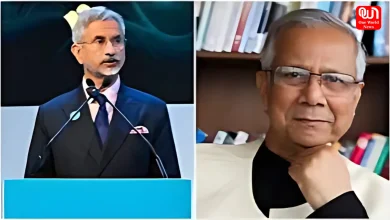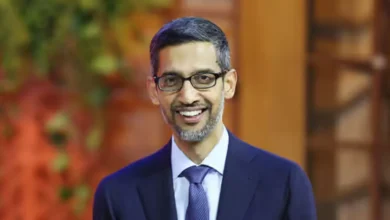Budget 2021: What India is expecting this year from Nirmala Sitharaman?

Nirmala Sitharaman will present Budget 2021 on February 1
The Union Budget 2021 is scheduled to be presented by Finance Minister Nirmala Sitharaman in Parliament on February 1, 2021. The Finance Minister has promised a never before like Union Budget as the NDA government looks to give a further boost to the Indian economy. The country is hoping to recover from the COVID-19 global pandemic that ravaged almost every sector. The onus is on Nirmala Sitharaman who is expected to bring big relief to sectors that need budgetary support to recover and bring relief for common people as well.
2021 is a big year after the pandemic as common people are looking up to Modi government for various incentives, subsidies, tax cuts, easier credit access and other benefits to cope up with the losses due to coronavirus pandemic.
Massive boost for construction and affordable housing on its way
The finance minister may look for a massive boost for the affordable housing sector and construction. As per the reports, the government is likely to liberalise FDI (Foreign Direct Investment) rules in construction and give a boost to home buyers. An allocation for a credit-linked subsidy is expected in the Budget 2021. In the previous budget in 2020, FM Sitharaman had proposed to extend the benefit of additional deduction of Rs 1.5 lakh on interest paid on affordable housing loans by the year to March 2021.
Bringing back jobs in the market
Many people lost their jobs after the COVID-19 lockdown when companies tried to cut down costs in 2020. While some jobs have been reclaimed, few people are still looking for a source of income. The Modi government would look to boost construction and infrastructure which could also lead to the growth in jobs.
Read more: Week Highlights: From Impeachment of Trump to ninth rounds of talk, here’s the week round

Smartphones, electronic items could get costlier
Finance Minister Nirmala Sitharaman is set to hike import duties on more than 50 items including the likes of electronic items, mobile phones and others. As per the report, the hike could be range between 5 to 10 per cent.
The Indian government is set to hike import duties on more than 50 items including smartphones, electronic items and others.
Income tax deductions
While many people lost their jobs, some had to undergo a salary cut across the country due to the COVID-19 pandemic. The finance minister would be looking at possible ways to put more disposable income in the hands of the people. As per the reports, this year’s budget might take forward the relief announced with the Atma Nirbhar (self-reliant) package by making the basic tax exemption limit for an individual to Rs 5 lakh from the present 2.5 lakh.
So far, the present government has pushed for a rebate on all payable taxes, the basic tax exemption limit has been the same. The report also said that a higher standard deduction could also be possible – from the current Rs 50,000 to between Rs 75,000 to Rs 1,00,000. The Modi government could ask for a COVID cess from high-income earners.
Healthcare could be on the top priority list
The COVID-19 pandemic has shown us that we need better healthcare infrastructure and facilities in the country. Given the importance of it, the finance minister might focus on it. The Credit Suisse report said that we may see a jump in healthcare spending in this year’s budget.
As per the analysts at Sharekhan, we could see the extension of tax benefits under Section 35AD within the healthcare stimulus. It is expected that there could be an increase in deduction under section 80D of mediclaim premium to be increased to Rs fifty thousand for self and spouse and will remain fifty thousand for dependent parents.
Raise the divestment target
As the country is looking to boost the economy and bring negative growth back on track, we can expect an increase in divestment targets for the year. A report indicated that the government may raise its divestment target to Rs 2.5 lakh crore to 3 lakh crore. It is planning to achieve the same with the pending privatization of government-owned entities like BPCL, Shipping Corp, Air India and Concor.
The government has set a target of Rs 2.1 lakh crore in the budget 2020, but it could manage only Rs 13,844.40 crore.
Digital payments encouragement
Apart from tax exemption and more spending on health infrastructure, common people are expecting the government to continue its initiative to improve internet connectivity and infrastructure in Tier II and Tier III cities. This will promote more digital payments and will improve credit accessibility.
Experts say financial literacy and digital literacy are important to push the next wave of digital payments. The government should offer tax breaks and incentives to platforms that invest in digital literacy, customer awareness and financial literacy initiatives. The government should also look to push for operationalizing the centralized KYC database. It will lower the cost of customer acquisition and help in increasing financial and credit access.
Have a news story, an interesting write-up or simply a suggestion? Write to us at info@oneworldnews.com







